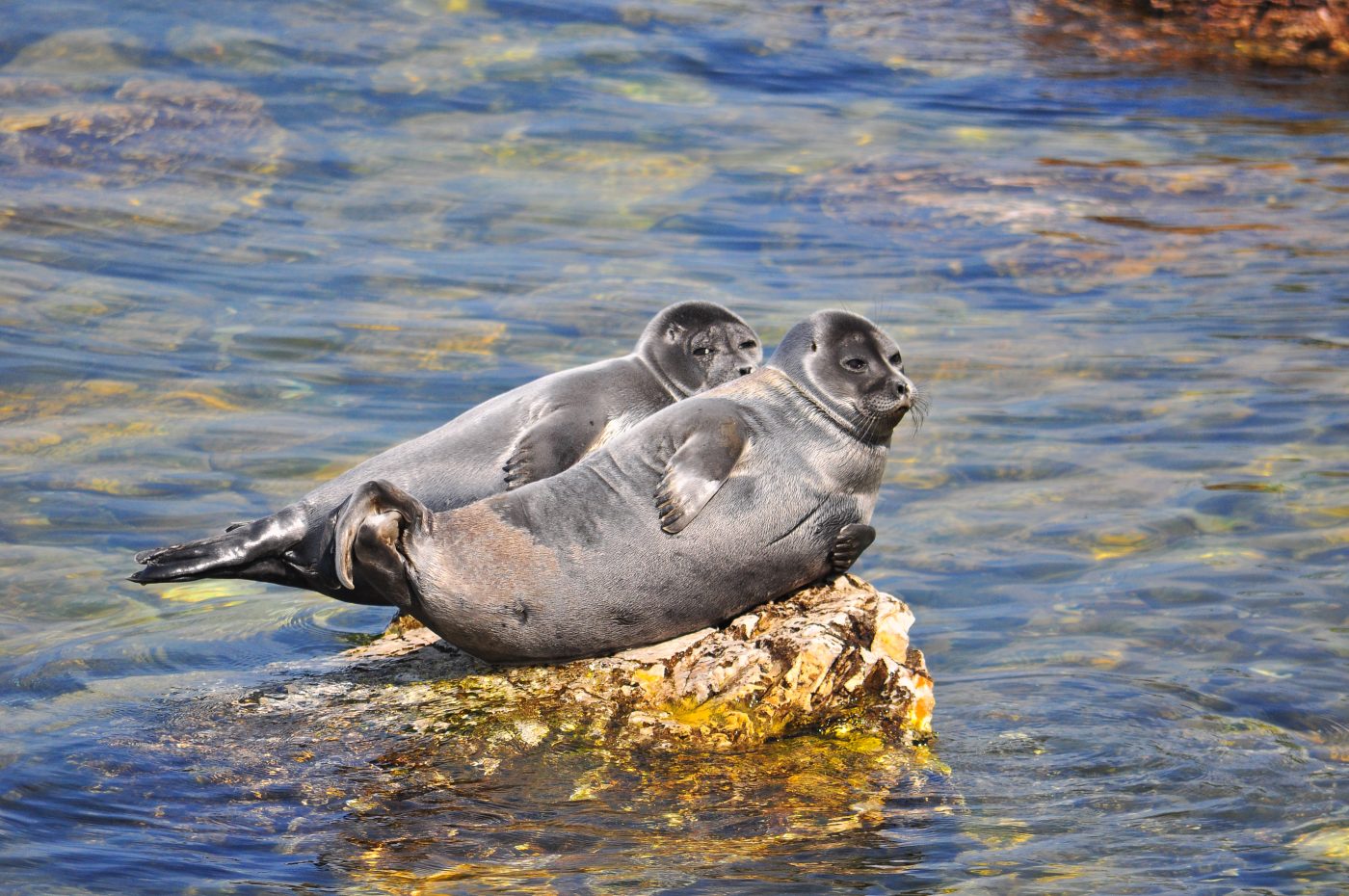
The Lake Baikal Foundation signed an agreement with the A.N. Severtsov Institute of Ecology and Evolution RAS (IPEE RAS) to conduct serological and hormonal studies of the biomaterial of the Baikal seal, which was collected during the expedition in 2019, and also transferred part of the necessary funds. This is already the third agreement between the Baikal Foundation and IPEE RAS, aimed at developing research on the Baikal seal.
The joint work of the Lake Baikal Foundation and IPEE RAS began with the initiation by the Foundation of the development of a comprehensive scientific program for the study of the Baikal seal and its habitat in 2018 in order to find innovative approaches to the registration and study of the Baikal seal and to provide expert recommendations for the conservation of the population. The second agreement, signed by the parties in 2019, was aimed at supporting a ten-day expedition with the purpose of studying and satellite tagging of the Baikal seal, during which 15 seals were tagged and 174 samples of biological material from 23 seals were collected using non-invasive and minimally invasive methods. This year, cooperation between the Foundation and IPEE RAS is aimed at analyzing the collected biomaterial and is a systematic and logical continuation of the work done for the competent preservation of a unique animal.
One of the leading specialists in the country on this type of work will be involved in the serological and hormonal research - Doctor of Biological Sciences, Deputy Director of the Institute for Science and Technology of the Russian Academy of Sciences Sergey Valerievich Naydenko, who has been researching behavior, health, physiology and hormonal status of various mammals for more than 30 years. The subsequent analysis of the data obtained will be carried out jointly with a specialist in true seals, candidate of biological sciences and a researcher at IPEE RAS, Maria Andreevna Solovyova. Such a combination of scientists from different fields will make it possible to draw the most objective conclusions about the health of the analyzed animals, the level of stress and reproductive success.
According to the scientific literature, this research will be the first time hormonal analysis is carried out for wild Baikal seals. 21 samples of Baikal seal fur will be analyzed for cortisol (the main stress hormone) and testosterone-progesterone, which will show the seals' reproductive health. Serological studies were carried out for Baikal seals in captivity, and only the results of studies on antibodies to morbillivirus were found for wild animals. Thus, a serological analysis of 12 blood plasma samples to determine the level of immunoglobulins G, an assessment of the agglutination reaction, an assessment of the presence of antibodies to Trichinella, herpes simplex virus, toxoplasma, parvovirus, carnivore distemper virus, chlamydia, mycoplasma and brucella will significantly expand the list of studies and construct a more in-depth impression of the health of Baikal seals. In September-October 2020, the results of laboratory analyzes of wool and plasma samples of the Baikal seal will be obtained. By the end of November, the data obtained will be analyzed and compared with the available data on species related to the Baikal seal (ringed seal, Caspian seal, etc.).
Related materials: For the first time in Russia, the state of the population of a species of seals that lives only in Baikal will be assessed
Shelekhov Today: Leading Russian Scientists Explore Baikal Seals
Regional newspaper: Scientists will conduct a hormonal analysis of wild Baikal seals for the first time
